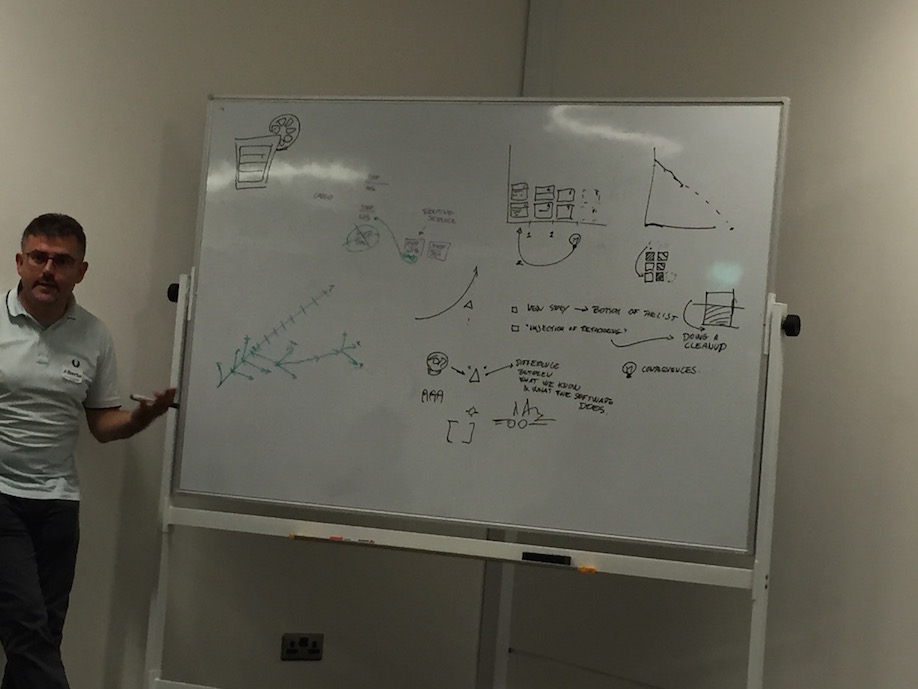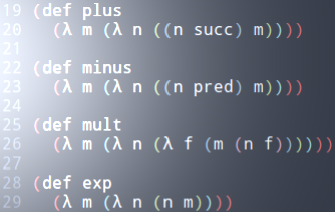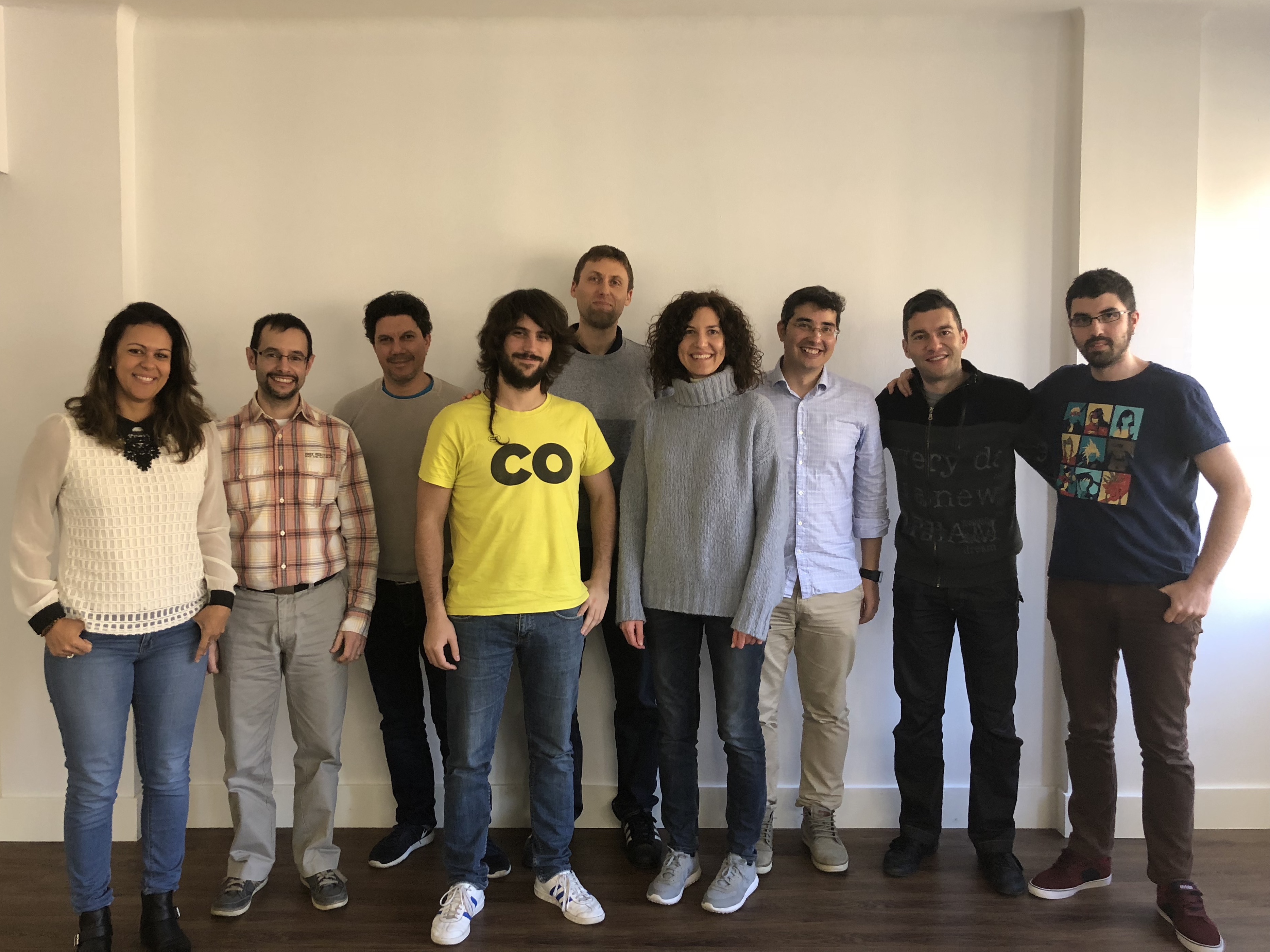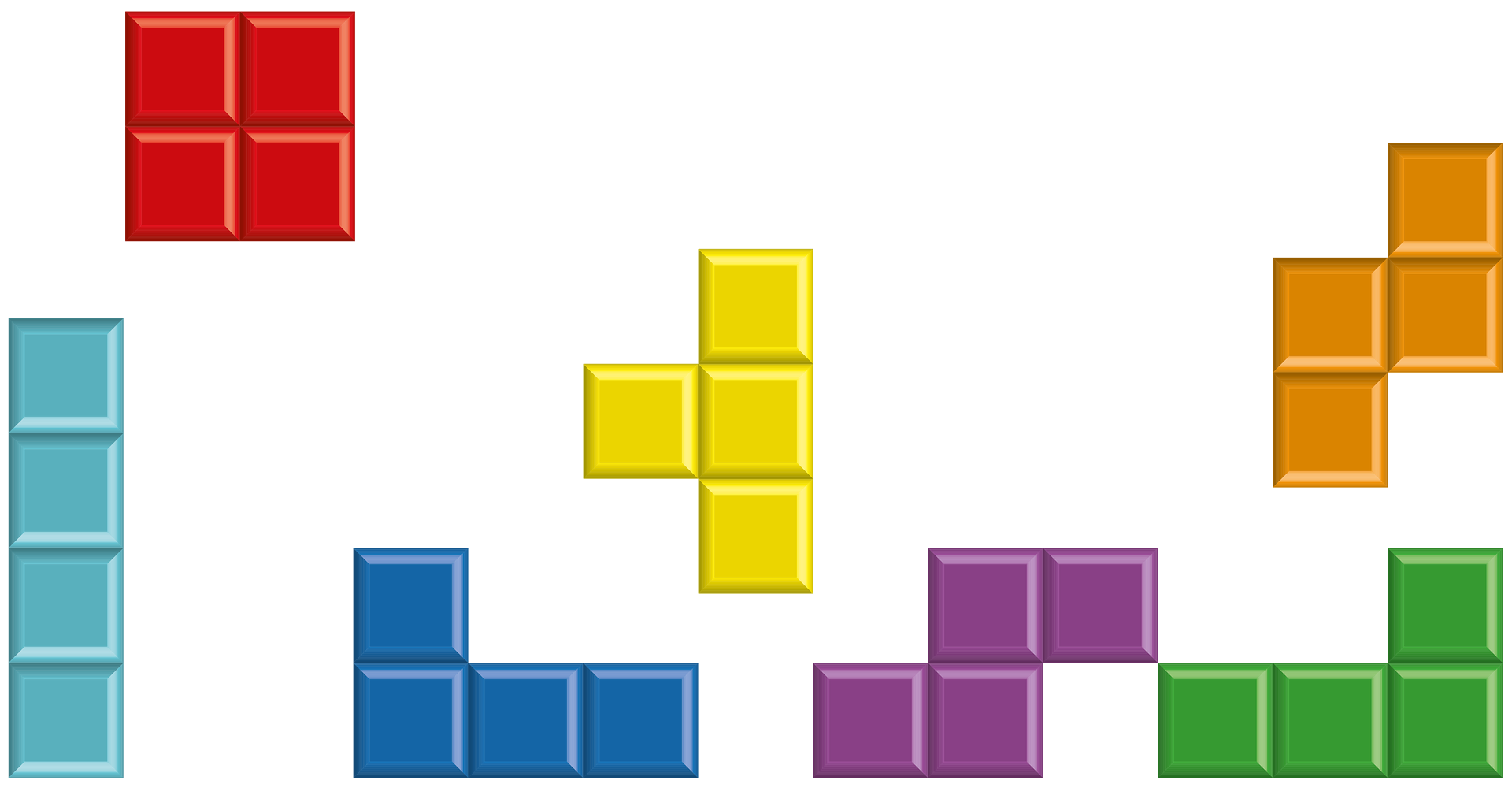CAREER OPEN HOUSE | 31st Jan, 7pm
We’re hiring Java and .NET Craftspeople in London & Barcelona. Come and meet us at our Career Open House on 31st January to learn more.
How katas can help you learn
In the last couple of weeks I have spent my time doing katas to improve my Objective-C. As you may remember, I had an issue, that you can revisit here.
I've learned a lot from other katas too: for instance the RomanNumerals kata... You'd may think it's a simple task, that you wan't learn much from. It's a simple algorithm, a good exercise for your red -> green -> refactoring cycle. So nothing new will come from here... Wasn't I wrong!!!!!
First I created some tests. Next I implemented the kata and refactored. Whilst I was refactoring, I decided to use NSDictionary to map from a decimal to a roman number. Here is an example:
NSDictionary *mapper = @{@10: @"X", @5:@"V", @1: @"I"};
That's when I discovered that the NSDictionary does not guarantee insertion order. What???? So my keys were all mixed up... And I needed them to maintain their order!!!! That's ok! I decided to create a class to map between decimals and romans. That's cool! Done! In the converter I just added a private property of type NSMutableArray. In it's constructor I added the class to the array for all elements I needed. But now I have to do:
[[DecimalToRomanMapper alloc] initWithDecimal: andRoman];
for every entry in the mapper. God!!!! So much work! Maybe that's why developers solve problems. They definitely don't like to do things by hand so they automate everything. So I decided that I could create a factory method. I really didn't know how to create this factory method, so I just looked in Apple docs. Here is another thing i learned. Even thought I knew that it existed, I never used it because I never needed to. But as I was in learning mode, I think I was more interested in finding a different way to do it. When you are at a client, you don't always have the opportunity to experiment with new things. Having this time to learn new ways of doing things is really rewarding. So here is my class:
@interface DecimalToRomanMapper : NSObject
@property (nonatomic, assign, readonly) NSInteger decimal;
@property (nonatomic, copy, readonly) NSString* roman;
+ (instancetype)mappDecimal:(NSInteger)decimal toRoman:(NSString*)roman;
@end
It's even more readable then the initialiser. And here is how I initialised it in my converter:
self.mapper = @[
[DecimalToRomanMapper mappDecimal:1000 toRoman:@"M"]
];
So my class was looking pretty but then I look at my test class...it wasn't good:
...
- (void)testShouldConvertFourToIV {
NSString *result = [converter convert:4];
XCTAssertTrue([result isEqualToString:@"IV"]);
}
...
- (void)testShouldConvert1000ToM {
NSString *result = [converter convert:1000];
XCTAssertTrue([result isEqualToString:@"M"]);
}
...
So many tests. They remind me of the DRY principle. I really don't like to repeat myself. It's like a broken CD that doesn't move from the same music track... I've done the same kata in C# and my test class was all parameterised and I really liked it. After all this is a simple kata, right? ;).
(C# code)
[TestCase(1, "I")]
[TestCase(2, "II")]
[TestCase(3, "III")]
[TestCase(4, "IV")]
[TestCase(5, "V")]
[TestCase(9, "IX")]
[TestCase(10, "X")]
[TestCase(40, "XL")]
[TestCase(50, "L")]
[TestCase(90, "XC")]
[TestCase(100, "C")]
[TestCase(400, "CD")]
[TestCase(900, "CM")]
[TestCase(1000, "M")]
[TestCase(2499, "MMCDXCIX")]
[TestCase(3949, "MMMCMXLIX")]
public void convertDecimalToRoman(int decimalNumber, string expectedRomanNumber)
{
var converter = new DecimalToRomanConverter();
string result = converter.Convert(decimalNumber);
Assert.AreEqual(expectedRomanNumber, result);
}
Well wouldn't it be nice if I could have that in Objective-C? Well, after some help from Franzi I found a little library that does it. You install the pod, you inherit from it and you create an array of inputs and expected values like this:
+ (NSArray *)testCaseData {
return @[
[XCTestCaseData createWithInputValue:@1 withExpectedValue:@"I"]
];
}
And then you just have to use the properties input and expected. So my test class looks like this:
@interface DecimalToRomanConverterTests : XCParameterizedTestCase
@end
@implementation DecimalToRomanConverterTests
+(NSArray *)testCaseData {
return @[
[XCTestCaseData createWithInputValue:@1 withExpectedValue:@"I"],
[XCTestCaseData createWithInputValue:@2 withExpectedValue:@"II"],
[XCTestCaseData createWithInputValue:@3 withExpectedValue:@"III"],
[XCTestCaseData createWithInputValue:@5 withExpectedValue:@"V"],
[XCTestCaseData createWithInputValue:@8 withExpectedValue:@"VIII"],
[XCTestCaseData createWithInputValue:@10 withExpectedValue:@"X"],
[XCTestCaseData createWithInputValue:@18 withExpectedValue:@"XVIII"],
[XCTestCaseData createWithInputValue:@4 withExpectedValue:@"IV"],
[XCTestCaseData createWithInputValue:@9 withExpectedValue:@"IX"],
[XCTestCaseData createWithInputValue:@50 withExpectedValue:@"L"],
[XCTestCaseData createWithInputValue:@100 withExpectedValue:@"C"],
[XCTestCaseData createWithInputValue:@500 withExpectedValue:@"D"],
[XCTestCaseData createWithInputValue:@2499 withExpectedValue:@"MMCDXCIX"],
[XCTestCaseData createWithInputValue:@3949 withExpectedValue:@"MMMCMXLIX"]
];
}
-(void)testShouldConvertADecimalIntoARoman {
DecimalToRomanConverter *converter = [[DecimalToRomanConverter alloc]init];
NSString* result = [converter convert:[self.input integerValue]];
XCTAssertEqualObjects(self.expected, result);
}
Here is my final solution: RomanNumerals.
So please don't underestimate what you can learn from a kata. They are a good opportunity to stretch your knowledge and add some more to it!
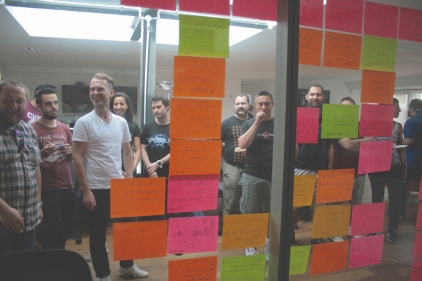
We're hiring!
Enjoying this article?
Related Blogs
How to start doing TDD in iOS
- Ana Nogal
Mastering TDD
- Ana Nogal
Setting up IntelliJ for Rust
- Dan Cohen
How do I convince...?
- Sandro Mancuso
A Workflow for iOS
- Guillem Fernandez
Talk to the business
- Ana Nogal
My first walking skeleton
- Franziska Sauerwein
Recent Blogs
Lambda Calculus in Clojure (Part 2)
- Sergio Rodrigo Royo
One Year of Codurance Barcelona
- Guillem Fernandez
Functions
- Christian Panadero Martinez
Applicative Functors and data validation, part II
- Carlos Morera de la Chica
Living a Coderetreat as a facilitator
- Raquel M Carmena
Tetris - Failed Experiment: Next Steps
- Dan Cohen

Software is our passion.
We are software craftspeople. We build well-crafted software for our clients, we help developers to get better at their craft through training, coaching and mentoring, and we help companies get better at delivering software.
Latest Blogs
One Year of Codurance Barcelona...
Functions
Useful Links
Contact Us
London EC1V 0JR
Phone: +44 207 4902967
Carrer Aragó, 208
08011, Barcelona
Phone: +34 689 723 737
Email: hello@codurance.com






